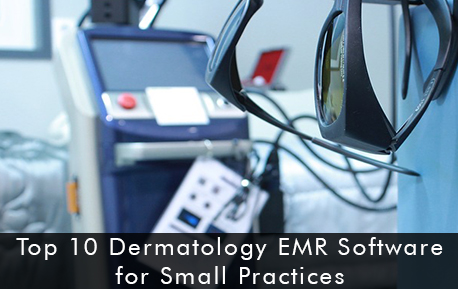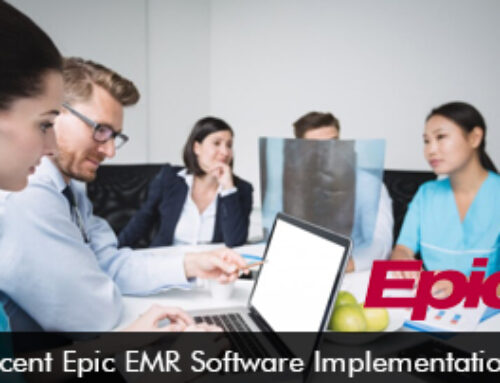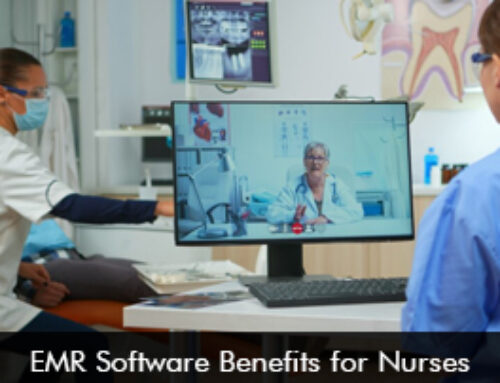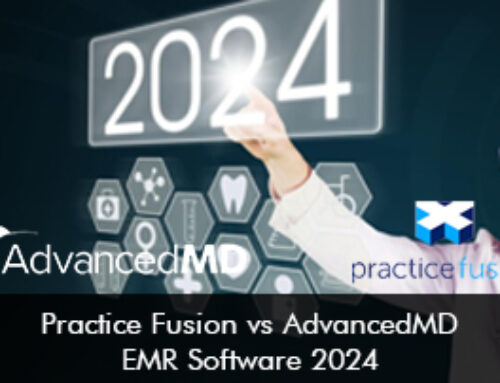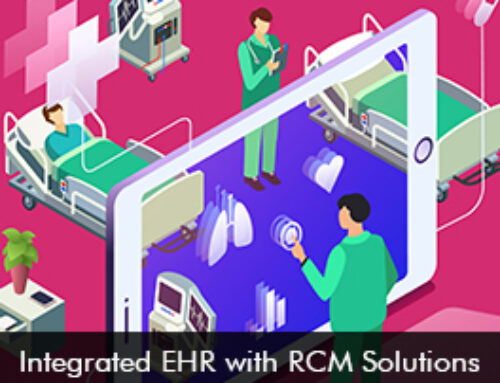You’re a dermatologist and a multi-specialty Electronic Medical Records Software wouldn’t exactly be a perfect fit for your practice. Dermatology practice has EMR needs that are very specific, it’s not a simple process to select a Dermatology EMR Software system which meets all your requirements.
Dermatologists specialize in treating skin conditions. The bulk of their recording is lab and image tests so patient records need to be kept up to date. Paper records are prone to get lost or being disorganized. Dermatology EMR software makes it easier to digitize the records so they are easy to organize and secure.
Quality of care being one of the main concerns for a dermatology practice industry, a research done by The DermEngine Team shows that with the integration of Artificial Intelligence and Predictive Analytics in Electronic Medical Records (EMR) Software the early detection and treatment of conditions (e.g. skin cancer) have become much easier. According to the report, this has improved the quality of care by 88%.
Features Of Dermatology EMR Software
There are a few features that complete a dermatology specific EHR solution, providing you a platform to handle patient information and data effectively and efficiently. The IT professionals and researchers at EMRSystem have highlighted a list of key features that are present in a top-rated Dermatology Electronic Medical Records (EMR) Software.
Customized Templates – As a dermatologist you are exposed to treating various skin conditions from rashes to insect bites, meaning your patients’ needs vary. With specialized templates available, the treatment of patients can be easier and quicker because the content you need is just a click away from you.
Personalized Dashboards – This feature aids to manage the day to day tasks. Through the personalized dashboard, you can review tasks and assign tasks to other staff members.
Lab Integration – Lab connections through your EMR help to receive quicker lab results and hence patients can receive treatment faster.
Practice Management Solutions– Dermatology specific Practice Management (PM) solutions support a fast and effective way to finish and manage clinical tasks and document patient encounters.
Patient Engagement tools – Patient engagement features like the patient portal helps patients to get some control over their healthcare process. Patients can schedule appointments online and communicate with their caregiver through messaging, email or video on a secured platform.
Billing Services – Automated billing provides advanced functionalities for claim checks, e-claim submission, and denial management to reduce any financial human errors.
Comparison Imaging – Dermatology is heavily reliant on imaging. EHR software targeted towards dermatologists has advanced image recording as well as before and after comparisons to track progress, making it easier to sync with a digital camera.
Coding – The nature of diseases is changing with new disease rearing their heads more often than not. Multi-purpose Electronic Medical Records software (EMR) can’t always keep up with ICD-10 coding for these diseases. Specialty-specific software needs to be up-to-date with these codes.
Digital Graphing – Not every dermatological case is the same. Since it is a visual specialty the EMR software should support a form of graphic charting with a digital-pen, or touch screen drawing boards to make graphics charting easier.
Charting Progress – With the whole visual field of pictures and graphics drawings at your fingertips it makes it easier to analyze a patient’s history and progress reports within minutes.
Top 10 Dermatology EMR Software by EMRSystems
The top 10 Dermatology specific EMR Software solutions for small practices have the above-integrated features for removing any communication barriers and streamlining clinical, administrative and financial workflows. Small practices have low margins for any errors as compared to large medical practices.
-
Epic EMR Software
-
Athenahealth EMR Software
-
Modernizing Medicine’s Healthcare IT Suite
-
Kareo Clinical EHR
-
AdvancedMD EMR Software
-
EZDERM EHR Software
-
Nextech EMR Software
-
Praxis EMR Software
-
Compulink Dermatology Advantage EMR Software
-
WRS Health EMR Software
Dermatology Electronic Health Record software (EHR) and Practice Management Software available in the market are in hundreds and they provide a lot of features. Based on our conversations with the practitioners and medical officers, most of them find these features (besides a few) as redundant or irrelevant and often perceive them as a marketing gimmick. Our advice is to actually look at your clinical and administrative workflow to determine the aspects of the EHR you need and also consult your provider to ensure that the Internal medicine Software you are choosing only provides relevant features and not more than what you need.


